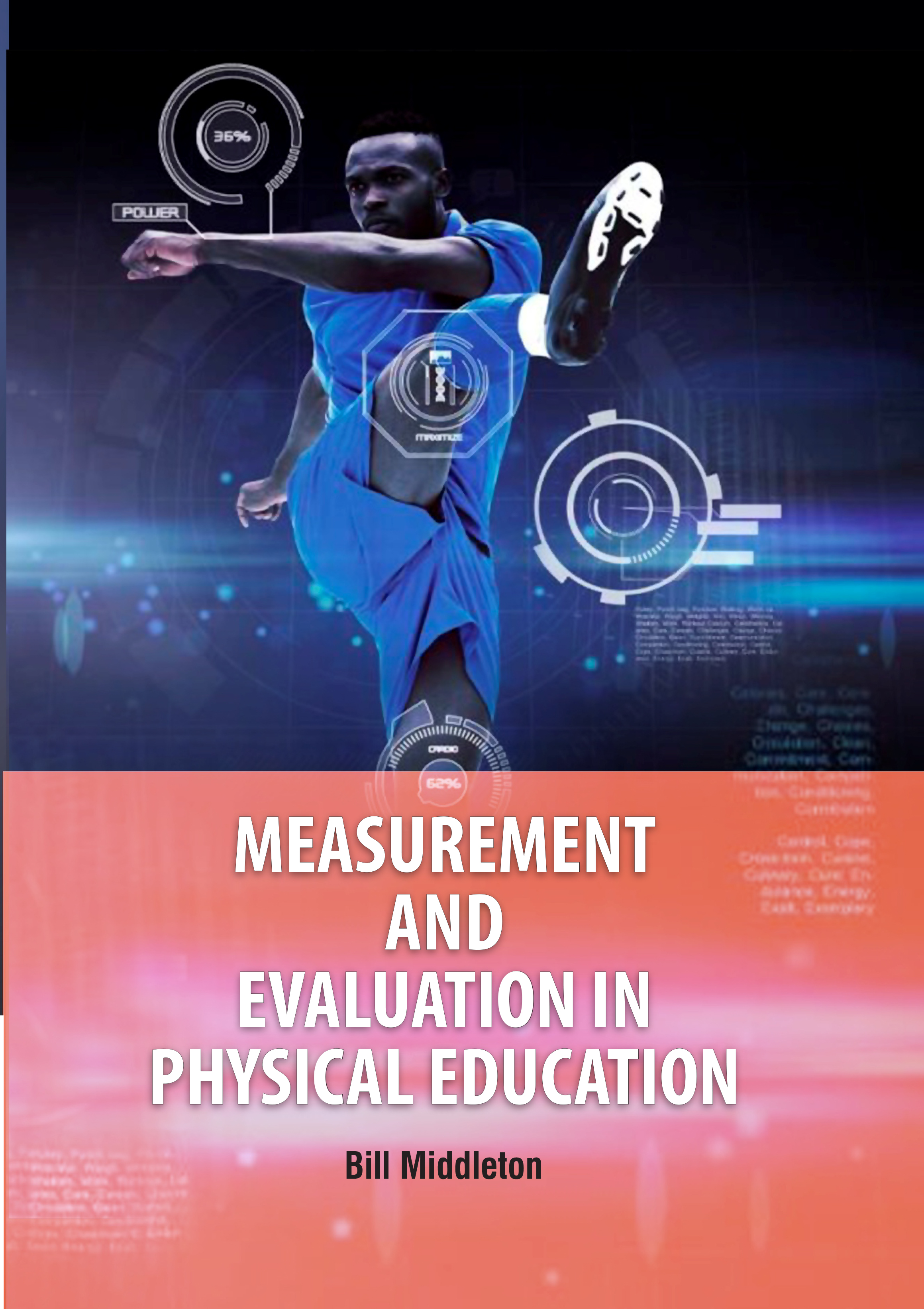
Measurement and Evaluation in Physical Education
by Bill Middleton
| ISBN | 9789372423600 |
|---|---|
| Publisher | Digital Drive Learning |
| Copyright Year | 2026 |
| Price | $265.00 |

by Bill Middleton
| ISBN | 9789372423600 |
|---|---|
| Publisher | Digital Drive Learning |
| Copyright Year | 2026 |
| Price | $265.00 |
Physical Education is the process by which changes in the individual are bought about through movements experiences. Physical Education aims not only at physical development but is also concerned with education of the whole person through physical activities. The measurement of physical activity and physical fitness in studies designed to determine their relation to health status and performance developed throughout the 20th century. Major reviews covering the issues involved in obtaining accurate and reliable measurements have been published. When designing studies to evaluate the effects of dietary supplements on physical performance and health or the interaction of supplements with exercise training, it is important to understand the strengths and weakness of each of the various methods. Statistical data are more related to social sciences and as such, changes are affected to a combined effect of many factors. We cannot study the effect of a particular cause on a phenomenon. It is only in physical sciences that individual causes can be traced and their impact is clearly known. In statistical study of social sciences, we come to know the combined effect of multiple causes. Applications of kinesiology in human-health include physical education teacher, rehabilitation, health and safety, health promotion, workplaces, sport and exercise industries. A bachelor's degree in kinesiology can provide strong preparation for graduate study in biomedical research, as well as in professional programs, such as medicine. The practice of physical activity (PA), physical education (PE), and sports have a direct impact on participants’ and athletes’ physical, social, psychological, or skill-related aspects. Therefore, the measurement, evaluation, and assessment of learning, performance, and training drills have to be scientific and empirical.